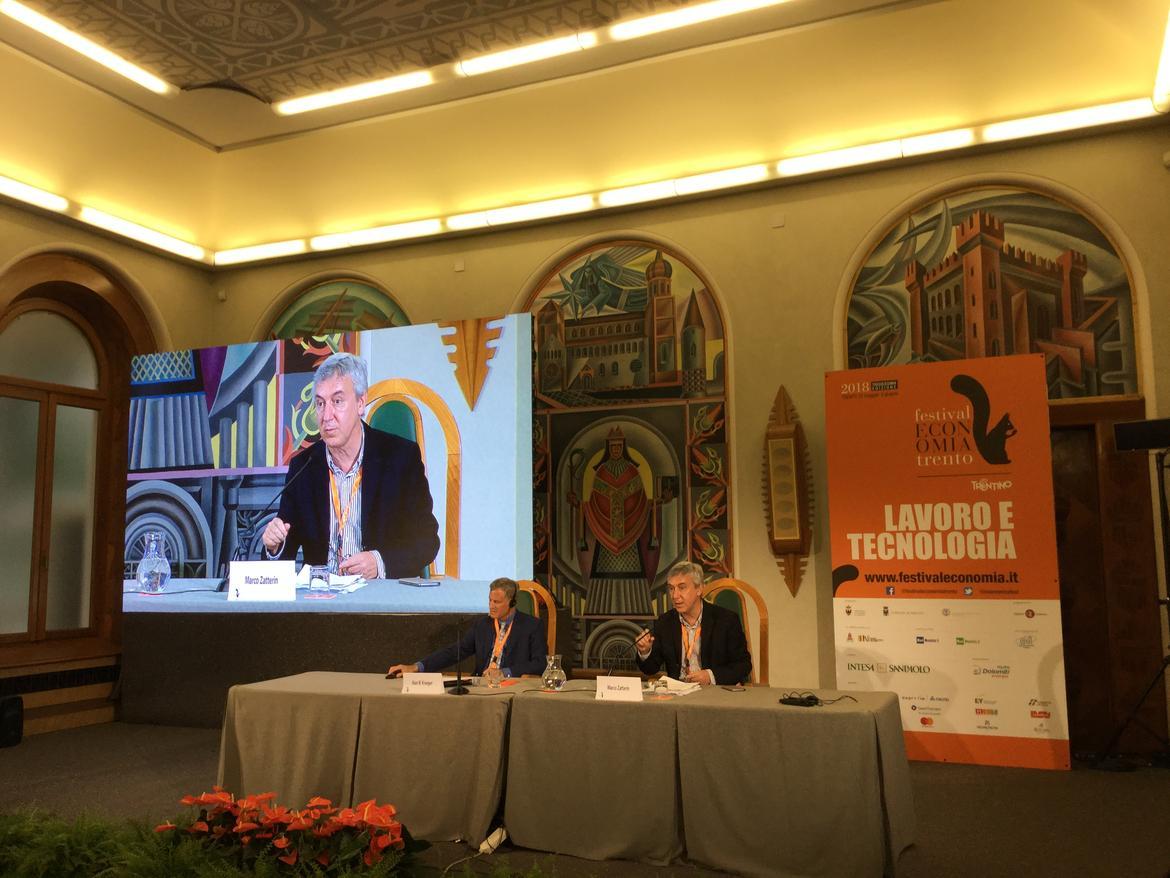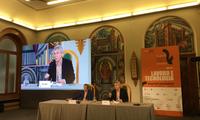
Historically there have been waves of innovation and change that disrupt work in the short-term but lead to new goods being produced and higher living standards. Economists for years have been predicting the end of work. Famous economist John Maynard Keynes mentioned his concern for “technological unemployment”. Krueger points out that since Keyes’s statement employment in the United States has grown 500%. The concern of technology is not the loss of jobs but growing inequality.There has been little evidence that robots and AI have lead to noticeable increases in productivity. Infact, productivity across the G7 countries has slowed. One of Kruger’s biggest concerns is downward pressure on wages for low skilled labor, resulting in more inequality.
Studies have suggested that 25%-50% of U.S. jobs are at risk of being loss to technology. There is however a lot of uncertainty attached to this and perhaps only parts of jobs or tasks will be loss instead of an entire job. The five sectors most at risk are: food preparation, construction, cleaning, driving and agricultural labor. Teaching and education is considered least at risk which Krueger takes issue with. Krueger believes there is great potential for the adoption of artificial intelligence and technologies that can help education become more productive. Italy and United States both see relatively high chances to see automation across their economies.
Between 2000-2017, 44% of employment in the United States has come from “new jobs”, jobs such as computer programmer, software developer and web developer. Technology in the long run is good for employment and societies. Technology makes industry more productive, leads to employment gains in complementary sectors more so than the losses in older industries, and creates new industries entirely.
There are two responses to this technological development. Governments can either block change through taxation and stimulating demand in dying sectors or they can embrace technology and invest in education, lifelong learning and expand social protection to self employed and those in the gig economy. Krueger suggests the second option is the best option.
Watch the interview with Alan Krueger
Website: https://2018.festivaleconomia.eu/home
Twitter: https://twitter.com/economicsfest
Facebook: http://www.facebook.com/festivaleconomiatrento
Instagram: https://www.instagram.com/festivaleconomia/










